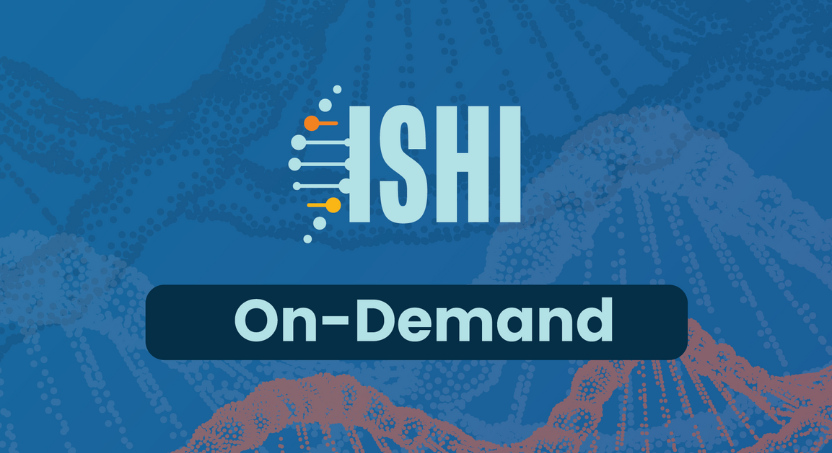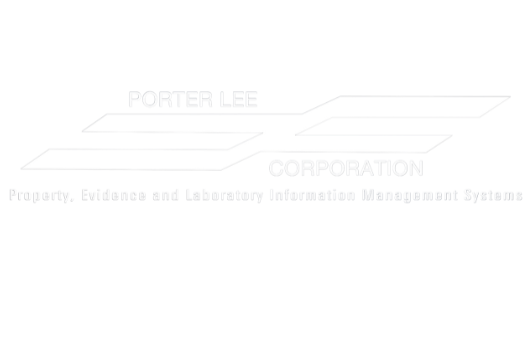One Community: Countless Discoveries
Step into the heart of forensic DNA innovation at ISHI – the largest annual symposium dedicated to your field. Connect with thought leaders, engage in hands-on workshops, and absorb presentations that are driving the future of our field. Save the date for October 26-29, 2026 and join a vibrant community shaping what comes next in forensic science.
Break new ground. Challenge assumptions. Share the cases and insights that changed how you think about forensic DNA.
ISHI 37 is calling for oral and interesting case presentations that highlight real-world impact, scientific rigor, and lessons learned—whether from the lab, the courtroom, or the field.
We encourage abstracts focusing on the following topics:
- Probabilistic Genotyping
- Courtroom Testimony
- Forensic Statistics
- Low-Template/Degraded DNA
- Validation Studies
- Missing Persons/UHR/Kinship
- FIGG
- NGS/MPS
Oral and Interesting Case Presentation Deadline: June 7, 2026
Poster Presentation Deadline: August 2, 2026
Expert Perspectives. Real-World Context. On Your Schedule.
ISHI On-Demand modules offer in-depth, expert-led conversations on some of the most complex and evolving topics in forensic DNA science.
Each module brings together respected scientists, practitioners, and thought leaders to explore how forensic methods are applied, challenged, and defended in real laboratory and courtroom settings. Rather than scripted lectures or vendor demonstrations, ISHI On-Demand focuses on professional insight, decision-making, and lived experience from the field.
Now available for an introductory price of $25: Probabilistic Genotyping, DNA Mixtures, and Likelihood Ratios: Expert Perspectives from the Field

Want to be a Student Ambassador?
Our Student Resources page is tailored specifically for students like you who are passionate about unraveling the mysteries that lie at the intersection of science and justice. Whether you’re just beginning your forensic science studies or looking to enhance your expertise, this hub is your go-to destination for valuable resources, guidance, and support.
Now accepting applications for our 2026 Student Ambassadors!
Real Leadership. Real Challenges. Real Tools.
Leadership in forensic DNA is hard. Here’s help that actually understands it.
Subscribe to receive access to exclusive written and video content, access to one-on-one coaching sessions at the ISHI conference, and other practical tools designed by experienced forensic leaders.
The FLA is a resource for anyone working to lead with purpose—whether you’re already managing a team or just beginning to see yourself as a future leader.

Webinars
Advancements in forensic techniques and technologies never stop, so learning shouldn't either. Watch one of our on-demand webinars or online forums.

The ISHI Report
Each quarter, we’ll bring you a glimpse into the fascinating field of forensic science and the dedicated people committed to carrying out the important work of identifying the missing, exonerating the innocent and finding the truth in each DNA sample.

Future Meeting Locations
Mark your calendars for future ISHI meeting dates and locations listed through 2028.














